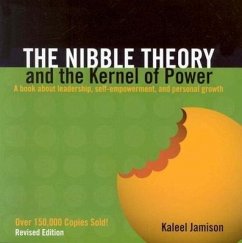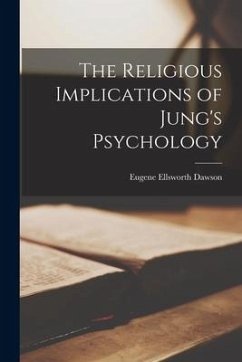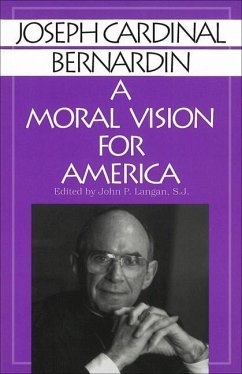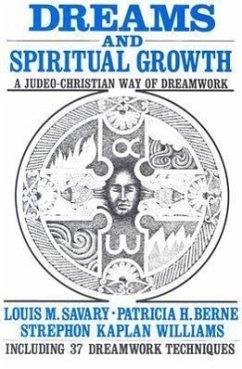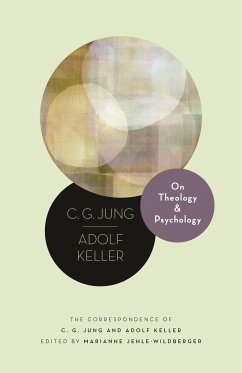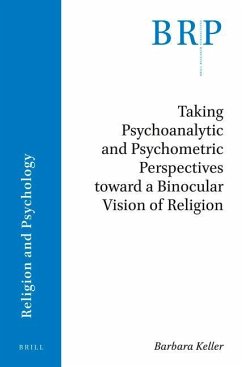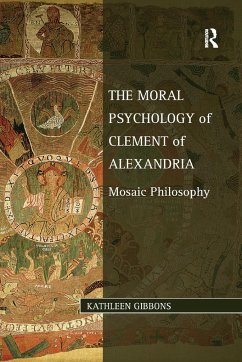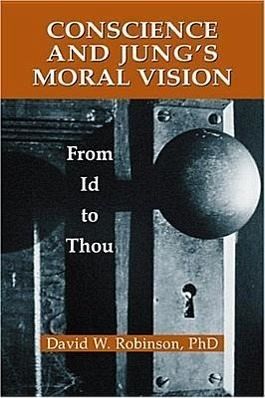
Conscience and Jung's Moral Vision
From Id to Thou
Versandkostenfrei!
Versandfertig in über 4 Wochen
22,99 €
inkl. MwSt.

PAYBACK Punkte
11 °P sammeln!
In this work the problem of postmodernism--the "Why?" finding no answer--is confronted through the psychology of Carl Jung. Too often Jung is stereotyped as an other-worldly, pollyannish mystic, and this book-the first to provide a philosophically-grounded, critical and comparative analysis of Jung's moral psychology-seeks to correct this erroneous portrayal through an exploration of his theory of conscience. The result is a more conflictual, existential, and relational view of Jung's analytical psychology, and a theory of conscience that is neither naive nor nihilistic. To grasp the full impo...
In this work the problem of postmodernism--the "Why?" finding no answer--is confronted through the psychology of Carl Jung. Too often Jung is stereotyped as an other-worldly, pollyannish mystic, and this book-the first to provide a philosophically-grounded, critical and comparative analysis of Jung's moral psychology-seeks to correct this erroneous portrayal through an exploration of his theory of conscience. The result is a more conflictual, existential, and relational view of Jung's analytical psychology, and a theory of conscience that is neither naive nor nihilistic. To grasp the full import of Jung's thought, the moral sphere and its inner impulse, conscience, must be brought to the fore. And to reclaim the common ground of our morals, the question "Why?" must find plausible and compelling redress. This book, in sum, seeks to do both. Of special interest: --there is no other book on the market that provides a) an extended, critical exposition of Jung's moral psychology in general, and b) a comparative analysis of his theory of conscience in particular +





